The alarm clock rang, I yawned and cussed and got out of bed and turned on the radio – and was suddenly fully awake. Apparently, according to the news segment upon which I hit – “U.S. Judge Sides With Chevron In Amazon Pollution Case,” not all judges are equal: the reason for judge’s decision was that Ecuadorian judge who ruled against Chevron and whose decision this US judge now reversed, was that Ecuadorian judge acted “maliciously and corruptly.”
Huh? Since when is a judge forbidden to do so? American federal judges do enjoy the self-given right to act “maliciously and corruptly,” insisting that it somehow upholds “public good;” they also gave themselves the rights to substitute parties’ factual and legal argument with their own, off-the-wall fantasies; and to substitute parties’ factual and legal argument with its exact, polar opposite.
So why can’t Ecuadorian judges do the same? Apparently, because they took bribes (per detailed analysis of the story on Bloomberg).
But bribes are just a red herring. Just think for a second. Judges shouldn’t take bribes (or heroin, or too much alcohol) so they don’t pervert justice; the prohibition is aimed against making judges “see things” that are not there.
But what is the difference between judges “seeing things” because they want to (which is the modus operandi of the American judges), or “seeing things” because they are paid to (the modus operandi of Ecuadorian ones)? Either way, the justice gets perverted; either way, the litigant is defrauded of victory; either way, judicial fraud triumphs.
Based on my own, vast litigation experience, let me give Steven Donziger, Zoe Littlepage, Richard Friedman, and Deepak Gupta, the lawyers representing the losing side, a good legal advice: appeal on the basis of the cases which establish American judges’ rights to pervert justice: Pearson V. Ray (establishing federal judges’ right to act “maliciously and corruptly”); Tsitrin v. Lettow (establishing federal judge’s right to substitute parties’ factual and legal argument with judge’s own baseless fabrications) and Tsitrin v. Vitaliano (establishing federal judge’s right to substitute parties’ factual and legal argument with its exact, polar opposite) to argue that Ecuadorian judges did nothing out of the ordinary, but simply acted in pursuit of their right to be “corrupt and malicious.” If anything, they merely emulated American judges; and moneys they got don’t change that picture one bit.
It would be most interesting to see how US judges wriggle to deny Ecuadorians the right they themselves so greatly enjoy!

